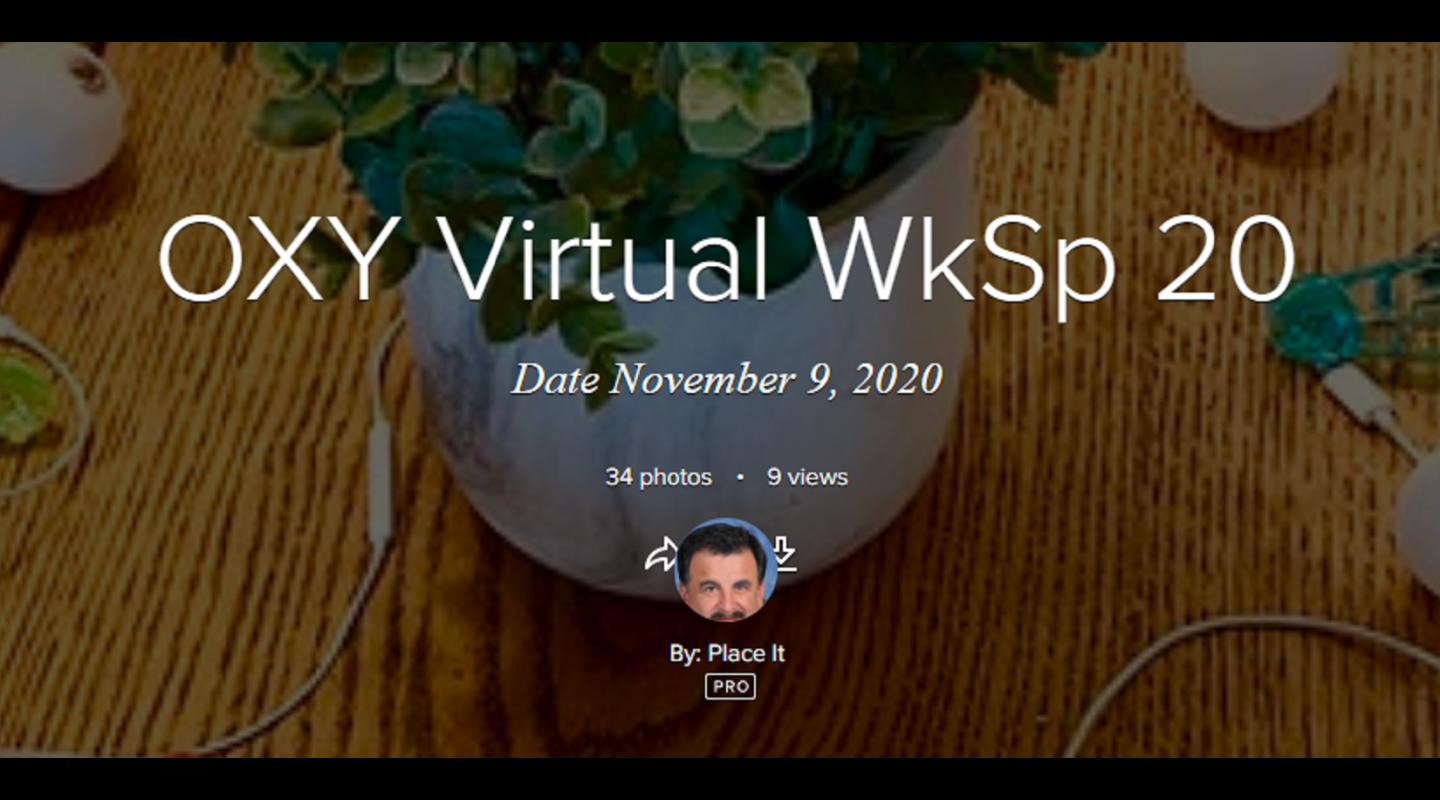Occidental’s Urban and Environmental Policy Students had a creative opportunity to explore climate resiliency and equity from the comfort of their own home. TinyURL.com/y5vbw5bp
Because of shelter in place participants were more than happy to connect virtually with each other, through their memories, personal objects, and their spaces. For the participants the workshop was as fun and exciting as “show and tell” is to kindergarteners.
This innovative approach is based on visual, experiential, and hands-on activities to engage, educate, entertain during SIP. They temporarily created a community inquiry to explore climate change. The goal is to help participants articulate their intimate sensory-based connections to their built environment and their community.
They explore their lived experiences, memories, and aspirations by using their household objects.
Some of these objects had deep personal meaning or were as mundane as pencil or stick of deodorant. These personal objects added a rich complexity, curiosity, artistry, and rare insights to the lives of the participants. They became great props for storytelling. Participants built on tables, floor, or window sills. Like show and tell these objects and locations added a personal touch to the meeting. Using personal objects illustrated to participants that cities are a collection of personal memories as well.
The participants explored climate change from their lived experiences and sensory-experiences. This allowed them to become part of the problem solving. Using objects participants thought deeply and differently about the world around then. They easily built the environmental inequities as well as personal and collective solutions. They realized that the city is a sum of our memories.
Participants reflect, investigate, and design, based on their lived experiences. This process removes language, both technical and verbal, politics, racial, gender, Income, professional barriers.
Sponsored by the UEP 101 Environment & Society class and the Remsen Bird Funds.

